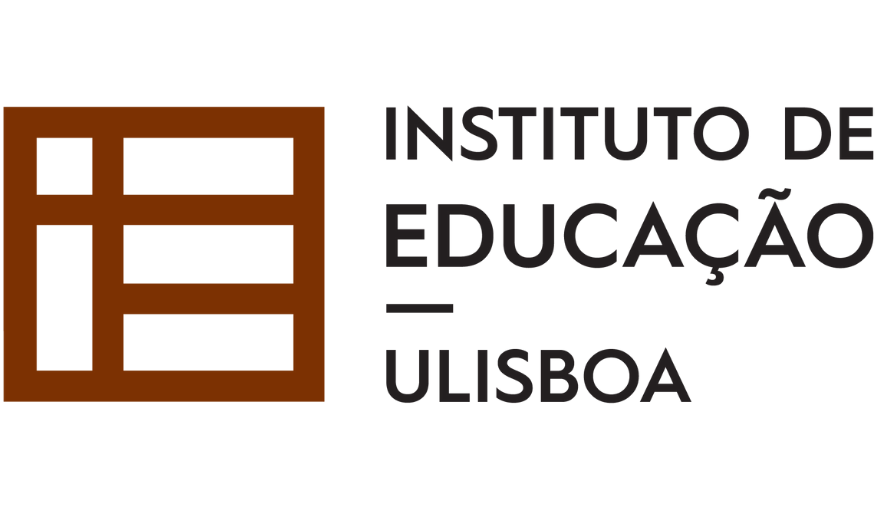setembro, 2017
Detalhe
In 1990 a gathering of
Mais
Detalhe
In 1990 a gathering of ecopsychologists took place at the Harvard Center for Psychology and Social Change to participate in a conference entitled “Psychology as if the Whole Earth Mattered”. They concluded that “if the self is expanded to include the natural world, behavior leading to destruction of this world will be experienced as self-destruction” (Roszak, Gomes, & Kanner, 1995). I take this idea into the realm of science and science education which I believe requires a reconfiguration and extension of science into a new multi-, inter- and trans-disciplinary realm of sustainability science with implications for renewed pedagogies of science in schools and universities. Such a changing perspective requires greater vision, creativity and imaginative approaches to address the problems currently facing the planet and the future of humanity. This presentation will provide an overview of a personal journey in science education over the years covering a range of views around science: from what we might consider to be the idea of modern science and how that science has been transformed into “big science” and “techno-science”. Further, in the current era of the Anthropocene (Steffen, Crutzen, & McNeill, 2007) it can be argued that such approaches to science need to be reformed to take account of ideas such as post-normal science (Funtowicz & Ravetz, 1994), sustainability science (Clark & Dickson, 2003) and holistic science (Bohm, 1980; Goodwin, 1997). Using the idea of planetary boundaries (Rockström et al., 2009) as a framework, I will consider what this might mean for science education futures.
 Donald Gray
Donald Gray
References
Bohm, D. (1980). Wholeness and the Implicate Order. London and New York: Routledge & Kegan Paul.
Clark, W. C., & Dickson, N. M. (2003). Sustainability science: the emerging research program, 100(14), 8059–8061. Retrieved from http://dx.doi.org/10.1073/pnas.1231333100
Funtowicz, S. O., & Ravetz, J. R. (1994). The worth of a songbird: ecological economics as a post-normal science. Ecological Economics, 10(3), 197–207. http://doi.org/10.1016/0921-8009(94)90108-2
Goodwin, B. (1997). Complexity, Creativity, and Society. Soundings, Spring(5). Retrieved from http://banmarchive.org.uk/collections/soundings/05_111.pdf
Rockström, J., Steffen, W., Noone, K., Persson, Å., Chapin, F. S., Lambin, E., … Foley, J. (2009). Planetary boundaries: Exploring the safe operating space for humanity. Ecology and Society, 14(2). http://doi.org/10.1038/461472a
Roszak, T., Gomes, M. E., & Kanner, A. D. (1995). Ecopsychology–restoring the earth, healing the mind. Sierra Club Books.
Steffen, W., Crutzen, P. J., & McNeill, J. R. (2007). The Anthropocene: Are Humans Now Overwhelming the Great Forces of Nature. AMBIO: A Journal of the Human Environment, 36(8), 614–621. http://doi.org/10.1579/0044-7447(2007)36[614:TAAHNO]2.0.CO;2
![]()
Hora
(Segunda-feira) 16:00
Localização
Alameda da Universidade, Lisboa
